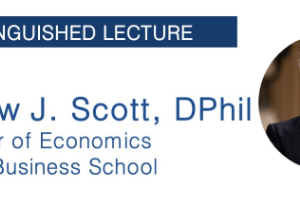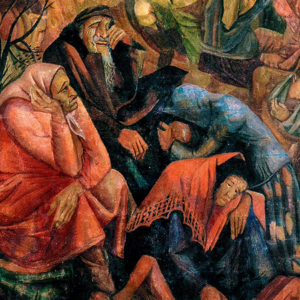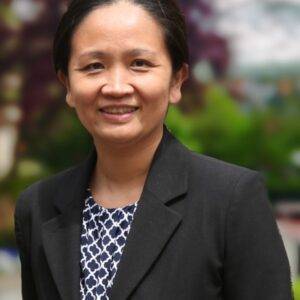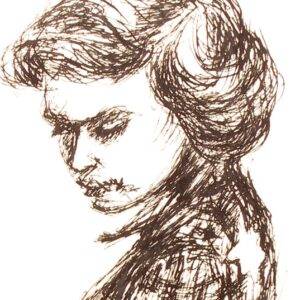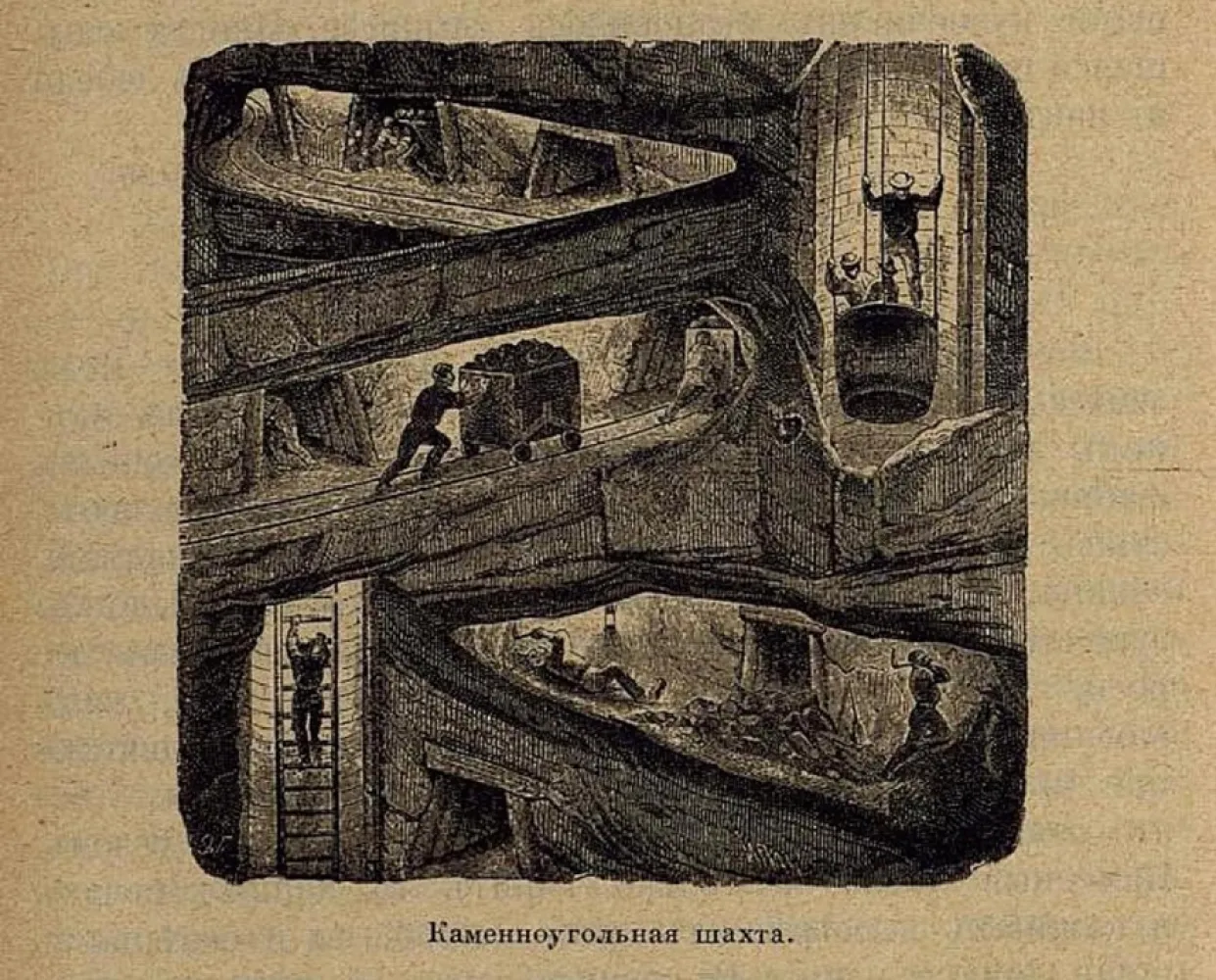
Sketching the Underground: Paradoxes of Becoming Modern in Imperial Russia’s Natural Resource Frontiers
Russian fin-de-siècle fictional and quasi-fictional mining narratives, which are set in the imperial outlands of the Urals and the Donets Coal Basin (in today’s Ukraine), expose a paradox: stories about the local, embodied experiences of natural resource extraction in these colonized territories portray decline, regression, and exhaustion, i.e., experiences of postponed or failed modernization that contradicted official discourse about the mining of iron and coal making Russia modern. First-hand accounts of extraction zones by writers and journalists in the 1880s and 1890s (such as Vasilii Nemirovich-Danchenko, Dmitrii Mamin-Sibiriak, Aleksandr Kurpin, and Aleksandr Serafimovich) portray mining sites as antithetical to modernity’s ideology of progress. They also reveal how writers came face-to-face with the earth’s geological layers and fossilized organic matter, materializations of deep time that dwarfed human timescales and pitted the underground against the forward-pointing temporal arrow of modern progress and prometheanism. In this talk, McQuillen argues that, in addition to telling alternative stories about Russia’s experience of modernization, writers of mining narratives needed to make normal concessions in the face of challenging new representational demands. They arrived at the nebulous, hybrid genre of the sketch, which produced a unique poetics of becoming modern.
Speaker
Colleen McQuillen is a scholar of Russian modernism who researches the ways that literature extends into, influences, and refracts visual and material culture. Her primary field of research is the period known as the Silver Age, which is the focal point of her first book The Modernist Masquerade: Stylizing Life, Literature and Costumes in Russia. Her current book project, Mining the Earth: Narratives and Natural Resources in Russia at the Fin de Siècle, demonstrates that Russian writers traveling to natural resource extraction zones in the Urals in the 1880s and in Donbas in the 1890s exposed the intertwined scourges of environmental and civilizational decline, which subverted the official rhetoric of progress underpinning the imperial industrial modernization project. Her scholarly engagement with the issue of humanity’s relationship to its material environments further finds expression in the volume The Human Reimagined: Posthumanism in Russia that she co-edited. She is also interested in Polish modernism, art activism, and theories of creative collaboration.
Please email disability@columbia.edu to request disability accommodations. Advance notice is necessary to arrange for some accessibility needs.

